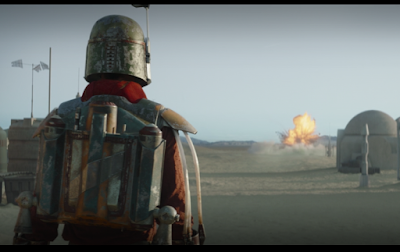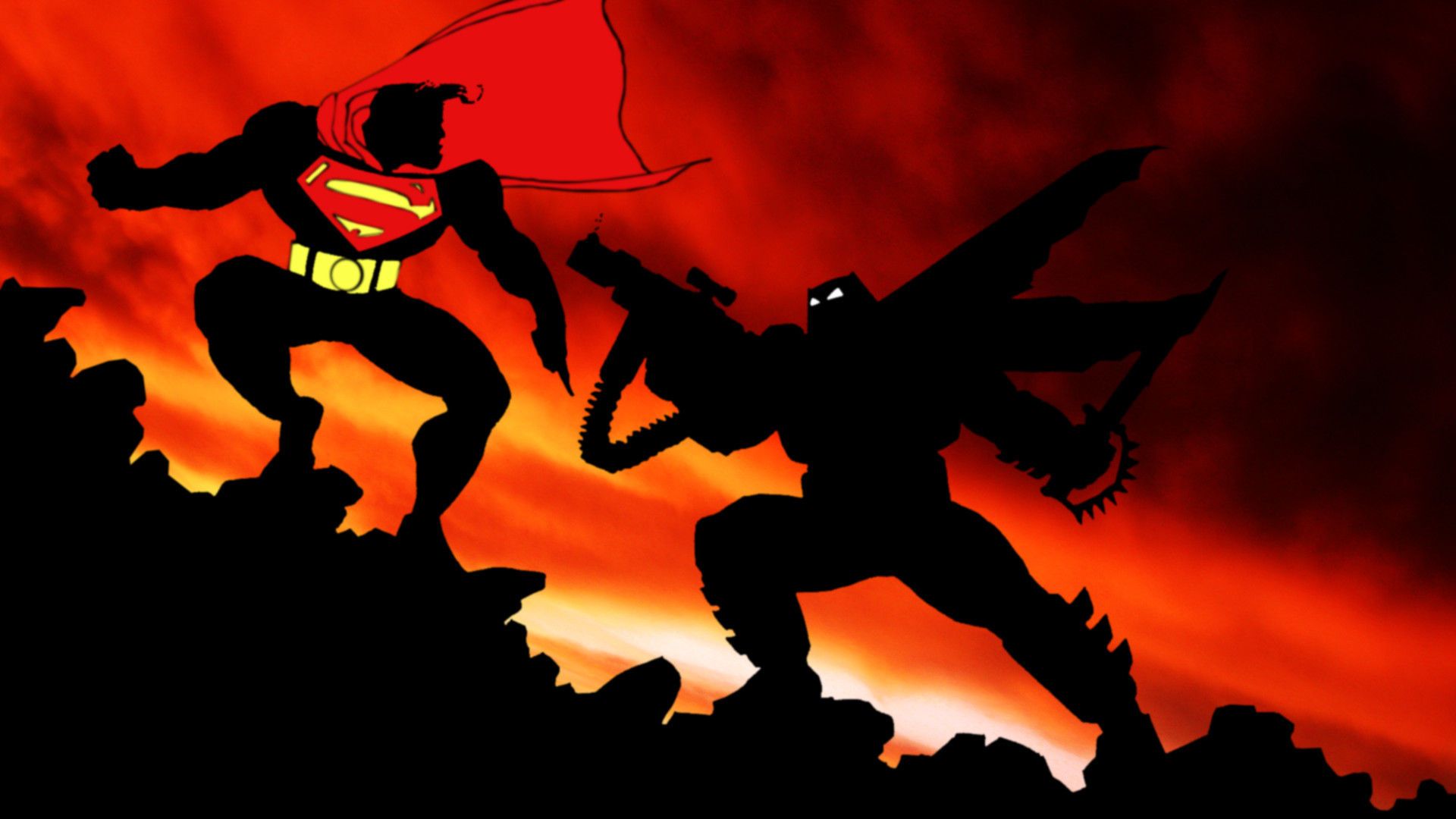In the season two premiere of The Mandalorian, we are introduced to Timothy Olyphant’s character Cobb Vanth aka the Marshal. He’s sporting the half digested remains of Boba Fett’s armor from Return of the Jedi. Cobb’s costume comes equipped with a rocket he can fire from his jetpack. Boba Fett may have not fired a rocket from his back in the movies, but that didn't stop Kenner from designing a toy did.
It’s 1979 you see this ad on the back of your toy packaging “Get a free Boba Fett action figure, with purchase of any four Star Wars action figures! Boba Fett not available in any store!” The caption on the photo promises “Rocket firing back pack!" A childhood dream! You break your piggy bank, mow lawns, beg your parents, and finally have the four required figures to earn the big one. You mail in your proof of purchases, wait 6 to 8 weeks....Finally! The figure arrives in the mail, you tear open the package, you line up some tin cans and prepare to fire off the rocket--but something’s amiss. The rocket won’t fire. The advert lied. An attached note confirms, the rocket will not fire due to potential risk. Will you ever trust again.
What happened to the promised rocket? Did it ever exist in the first place? Prototypes were designed to be fired. The ads weren't trying to scam people; however, near end of 1978 a boy choked to death on a missile from a Battlestar Galactica toy. Kenner didn’t want death on their hands so they glued all of the rockets into Boba Fett’s backpack, never to be fired off again. That's how the legend goes, but they more likely redesigned the product before shipping. Either way, not rocket. Over time the coveted firing rocket Boba Fett became legendary, and original prototypes were discovered! They became the most coveted Star Wars collectable on the market. One even sold for $365K in 2019!
Clearly the creative team behind The Mandalorian were fans too. Boba’s rocket was changed, for the show, from the green of the movies to the red of the toy--and this time the rocket can finally fire! Here's to hoping The Marshal gets his own action figure.
For more on The Mandalorian here's a guide 9 essential Clone Wars episodes to watch; or you can read an explanation and history of the Darksaber.
@Chefcinefile on Twitter













